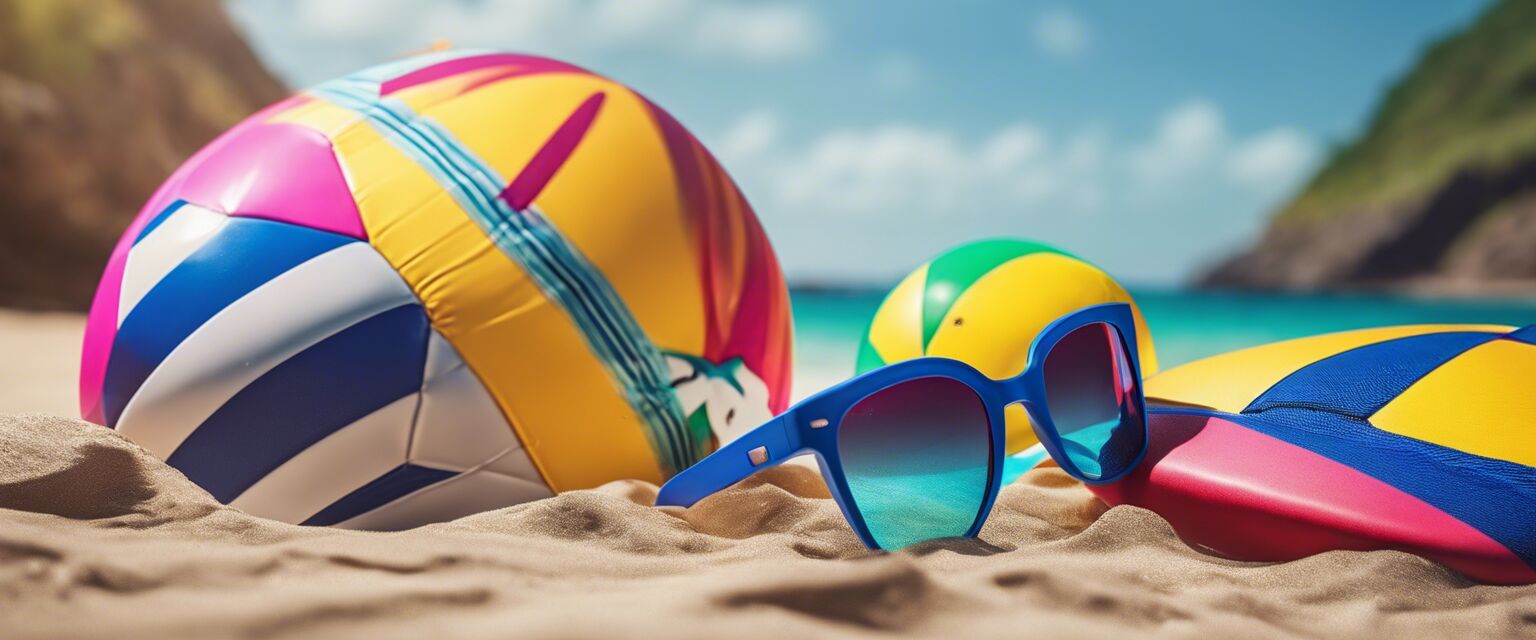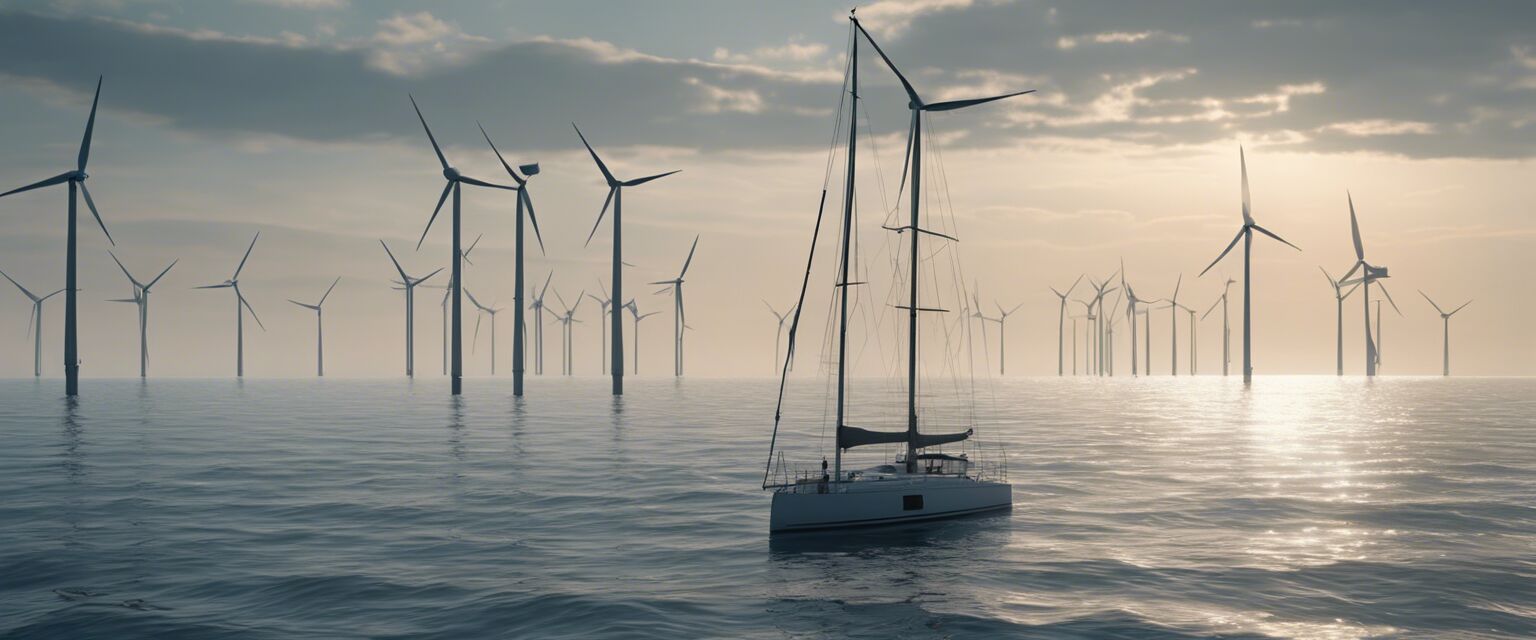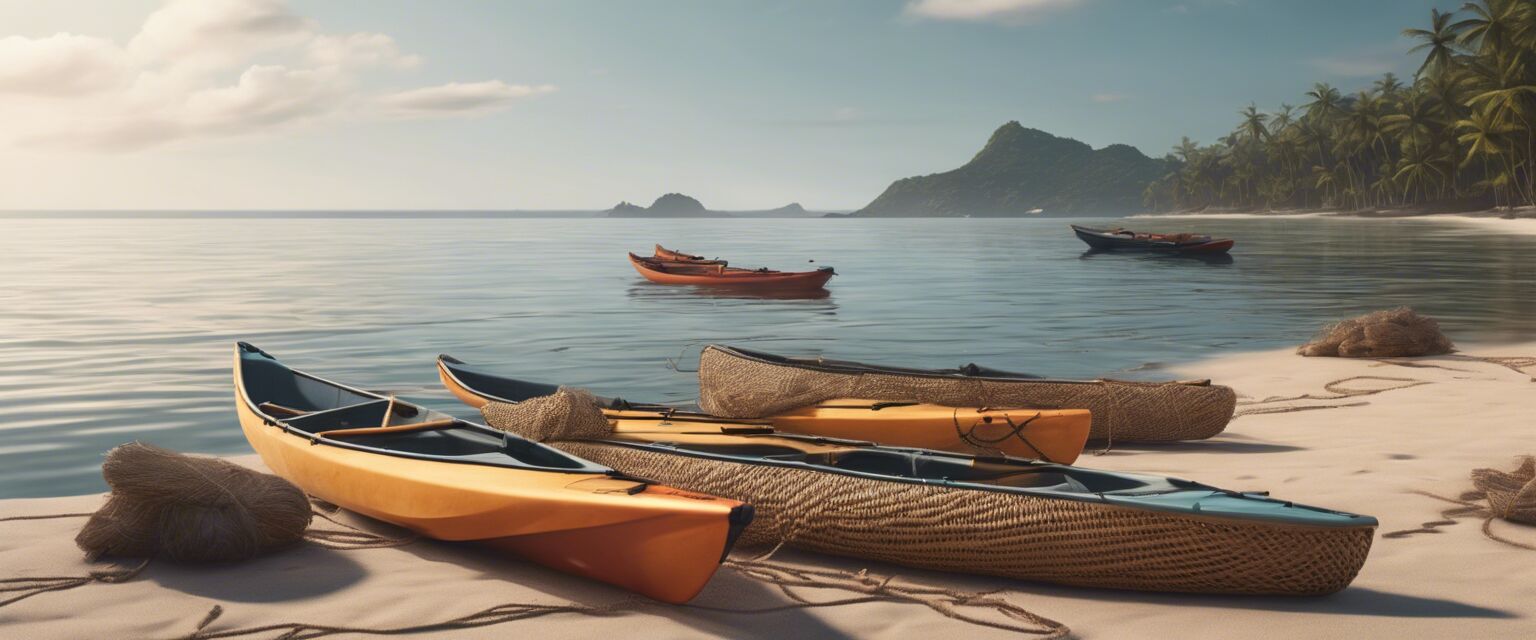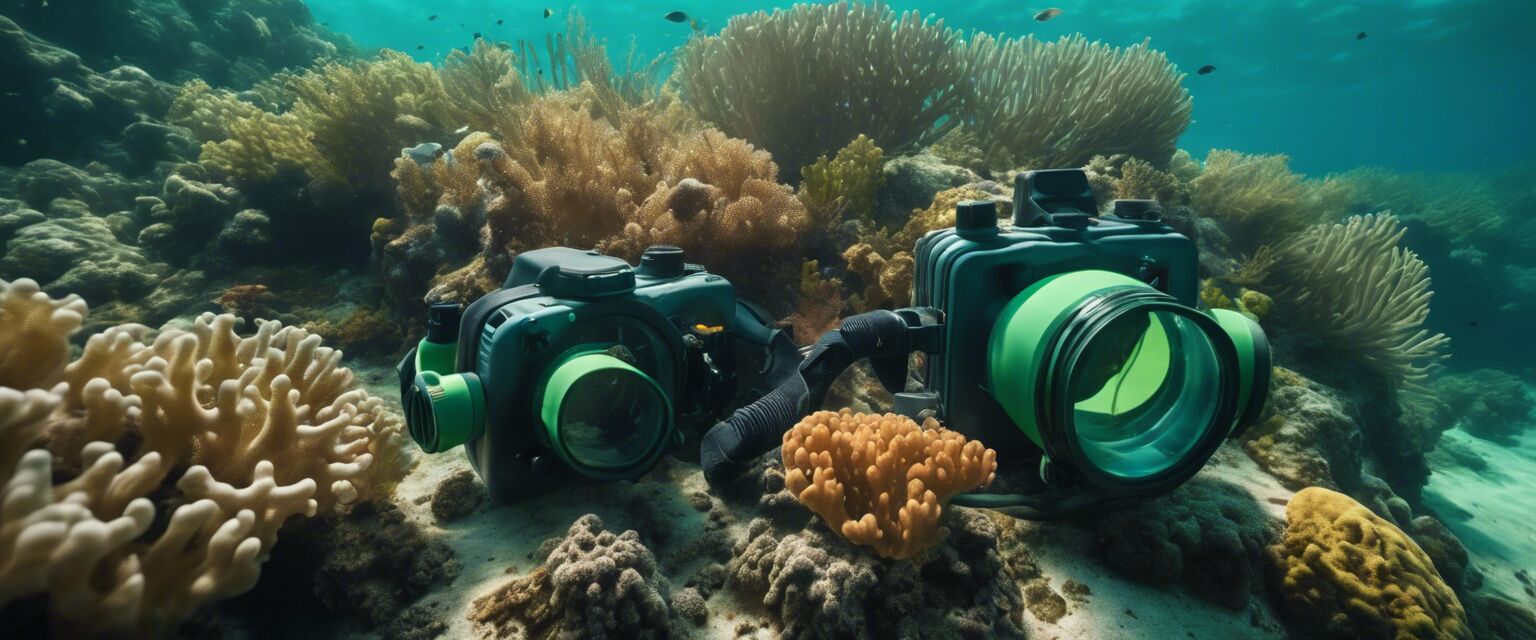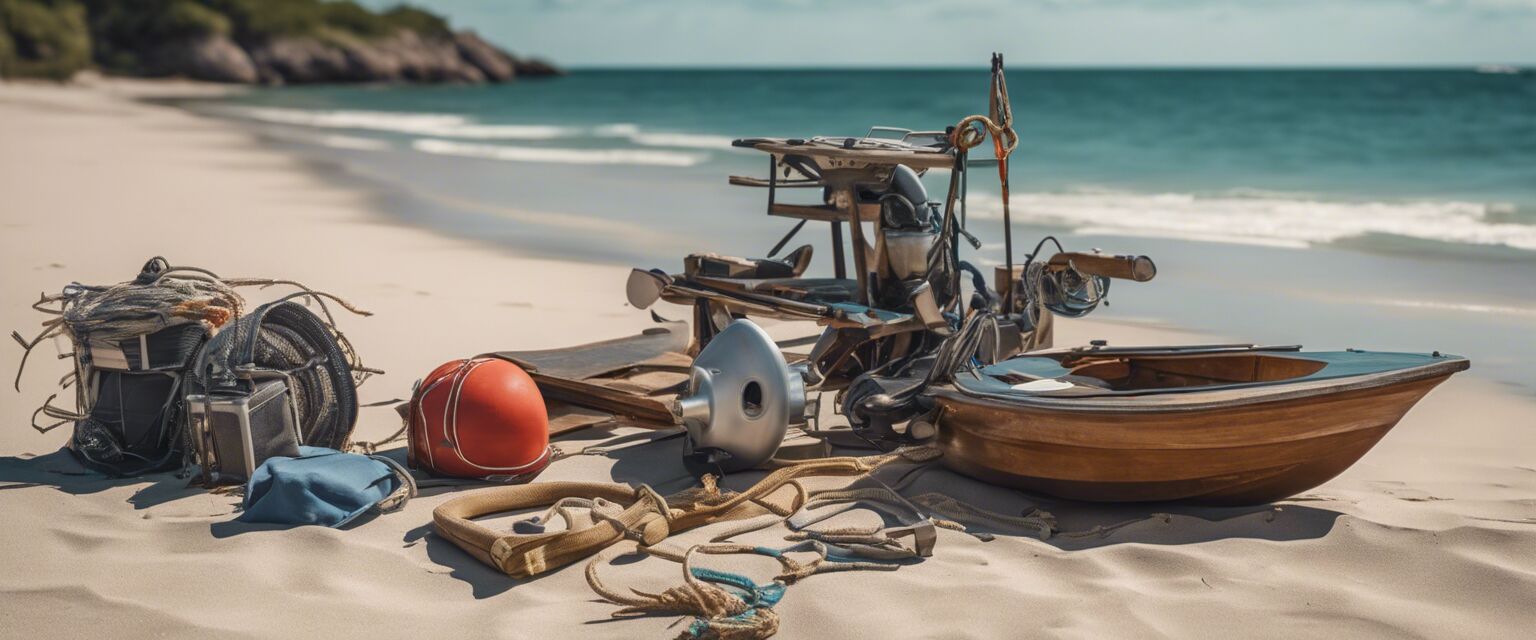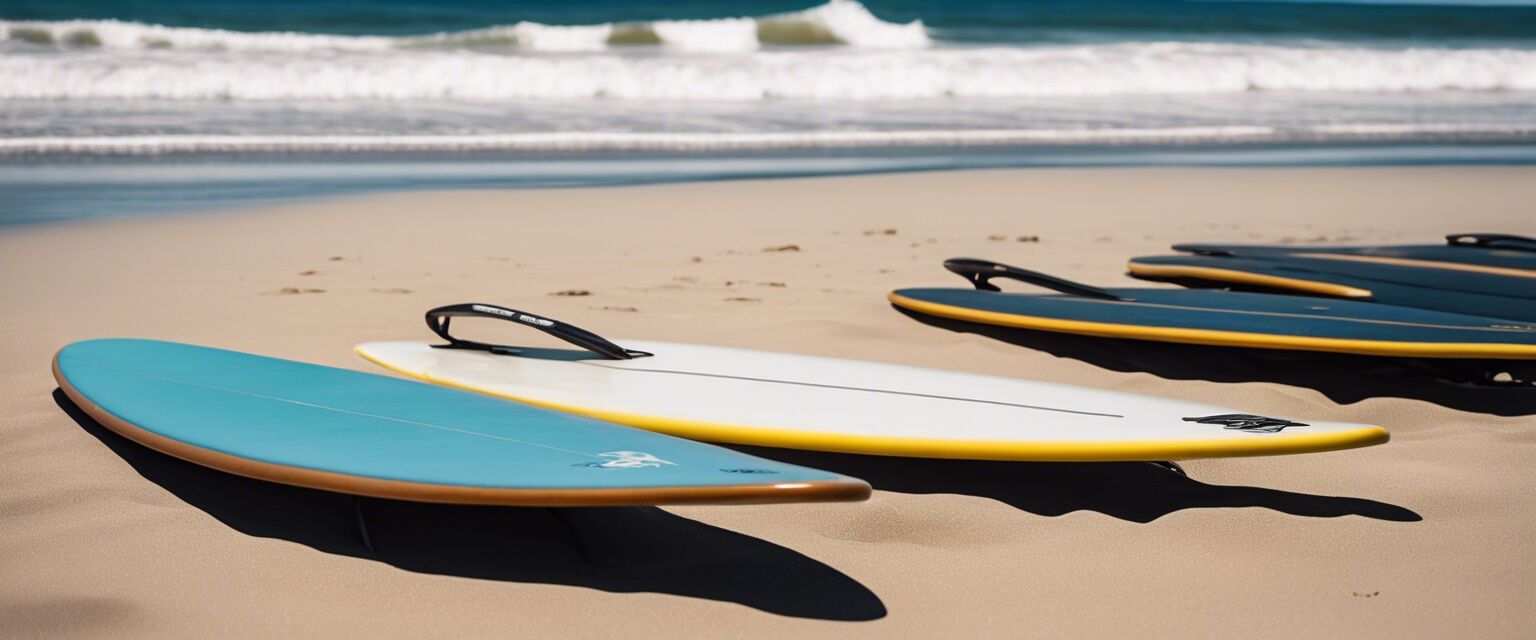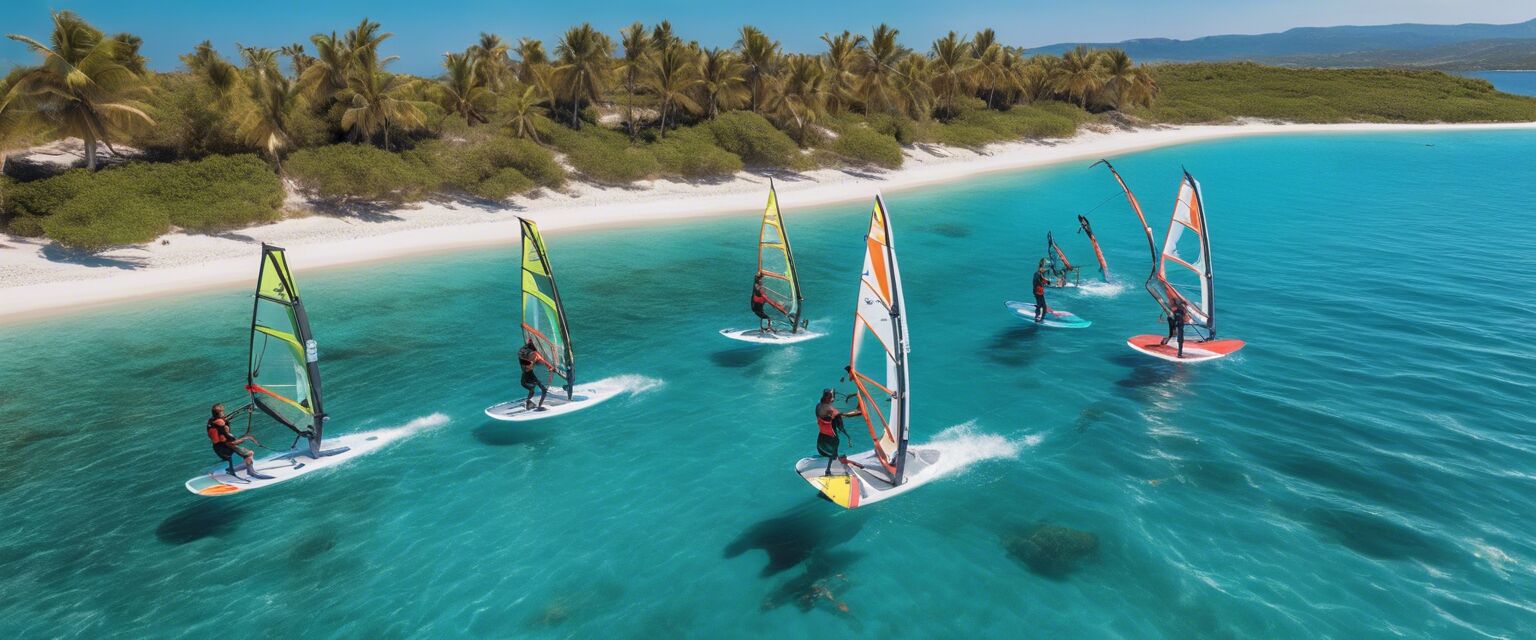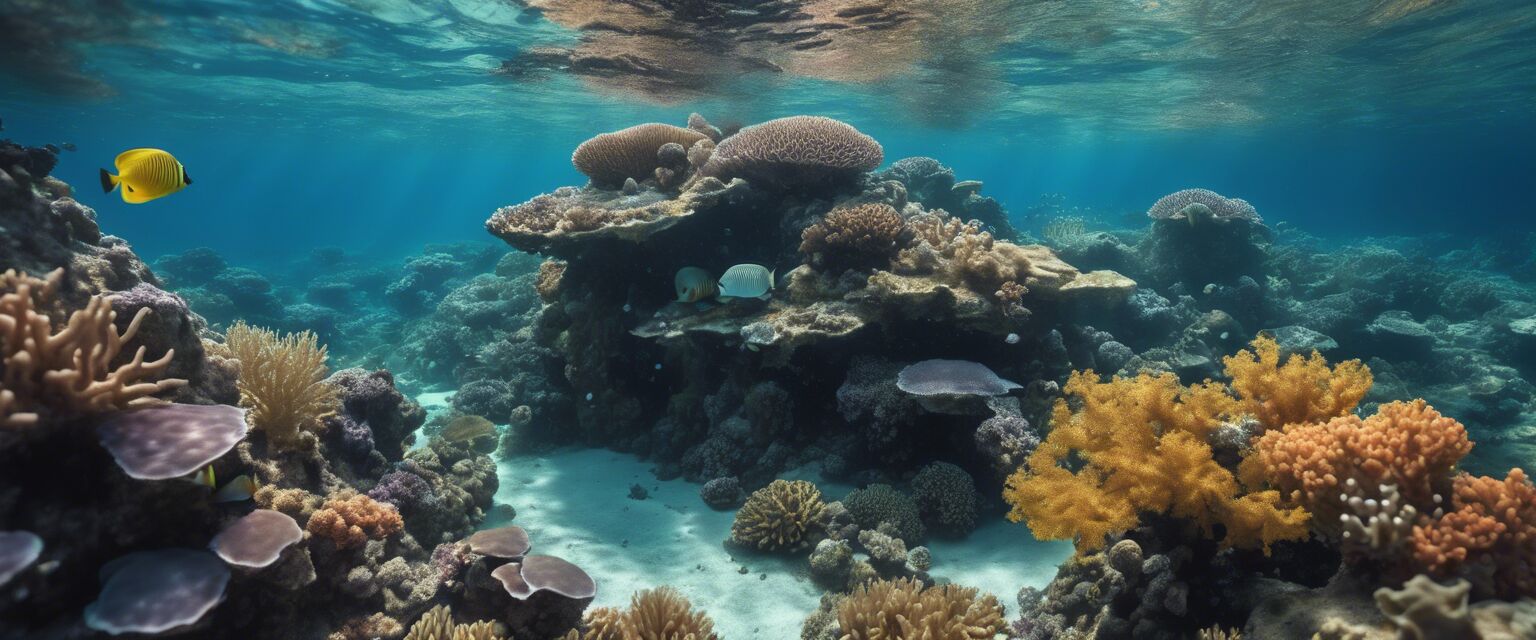
Sustainable Snorkeling Essentials
Snorkeling is not just a fantastic way to explore the beauty of underwater ecosystems; it also offers an opportunity to engage with nature sustainably. As we embrace eco-conscious decisions in our leisure activities, the importance of sustainable snorkeling gear is becoming increasingly clear. This guide will delve into various snorkeling gear options that prioritize the health of ocean environments, ensuring our actions contribute positively to marine conservation.
Key Takeaways
- Eco-friendly snorkeling gear is essential for protecting marine ecosystems.
- Consider biodegradable materials for masks, snorkels, and fins.
- Reusable gear can significantly reduce plastic waste.
- Look for brands committed to sustainability through responsible manufacturing practices.
- Proper care and maintenance of gear extend its lifespan, promoting sustainability.
Why Go Sustainable?
Our oceans face numerous challenges, from plastic pollution to coral bleaching. When choosing snorkeling gear, opting for sustainable options plays a vital role in reducing our environmental impact. Sustainable snorkeling gear not only minimizes waste but also helps preserve fragile marine ecosystems.
Types of Sustainable Snorkeling Gear
Below are essential types of sustainable snorkeling gear you should consider:
| Snorkeling Gear | Description | Sustainable Options |
|---|---|---|
| Snorkels | Handheld device for breathing while keeping your face underwater. | Biodegradable materials or recycled plastics. |
| Mask | Protects your eyes and allows underwater visibility. | Natural rubber or silicone materials. |
| Fins | Help propel you through the water with ease. | Made from recyclable materials. |
| Wetsuits | Keeps you warm in cooler waters. | Eco-friendly neoprene and organic materials. |
Top Features to Look For
Choosing sustainable snorkeling gear is about more than just the materials. Here are key features to consider:
- Quality Construction: Ensure durability to reduce waste.
- Comfort Fit: Proper fit minimizes environmental impact by reducing gear loss.
- Repairability: Gear that can be repaired contributes to sustainability.
- Eco-Friendly Packaging: Sustainable brands often use minimal, biodegradable packaging.
Maintaining Your Gear
Proper maintenance extends the life of your gear and reduces waste. Follow these tips:
- Rinse your gear with fresh water after each use to remove salt and sand.
- Store gear in a cool, dry place, away from direct sunlight.
- Inspect for damage regularly and repair when necessary.
- Use natural cleaning agents to minimize chemical impact.
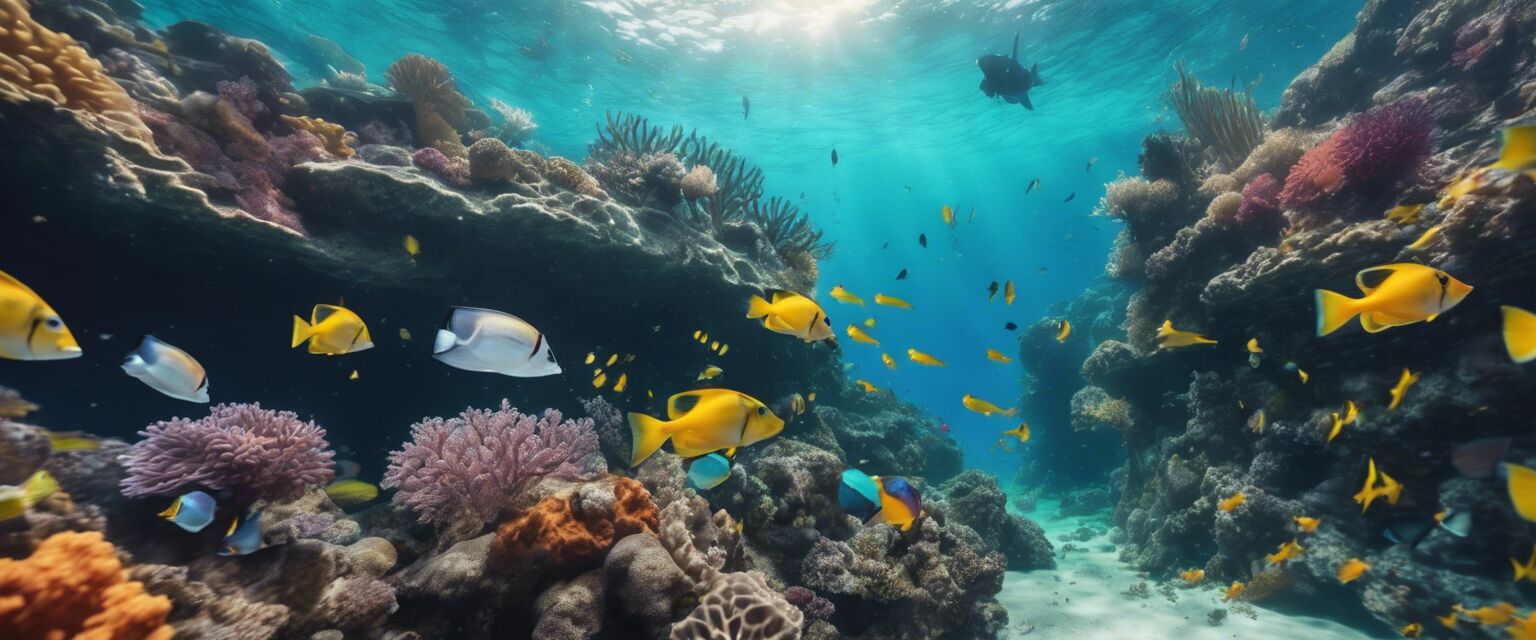
Recycling and Upcycling
If your snorkeling gear reaches the end of its life, consider recycling or upcycling it. Many brands have programs to recycle old gear. Look for local initiatives or events that promote recycling. You can also creatively repurpose your gear into other useful items, from home decor to outdoor tools.
Eco-Paddleboards and Other Water Sports Gear
In addition to snorkeling, many other water sports gear options focus on sustainability. For those interested in other eco-friendly water activities, consider checking out:
Pros
- Helps protect marine environments and ecosystems.
- Promotes the use of renewable resources.
- Often made from non-toxic materials.
- Can enhance the snorkeling experience with higher quality gear.
Cons
- May be more expensive than conventional gear.
- Availability can be limited depending on local stores.
- Some sustainable materials may not perform the same as traditional materials.

Community Involvement and Education
Engaging with local snorkeling groups can foster a greater understanding of sustainability and marine conservation. Participate in beach clean-ups and educational programs to raise awareness and promote eco-friendly practices. The more people understand, the more we can protect our oceans together.
Conclusion
Choosing sustainable snorkeling gear is more than a personal decision; it's a vital step towards protecting our oceans and marine life. By opting for eco-friendly materials and products, maintaining your gear, and promoting environmental awareness, we can all contribute to a healthier planet. Explore our selection of sustainable products and gear, and dive into a greener future!
